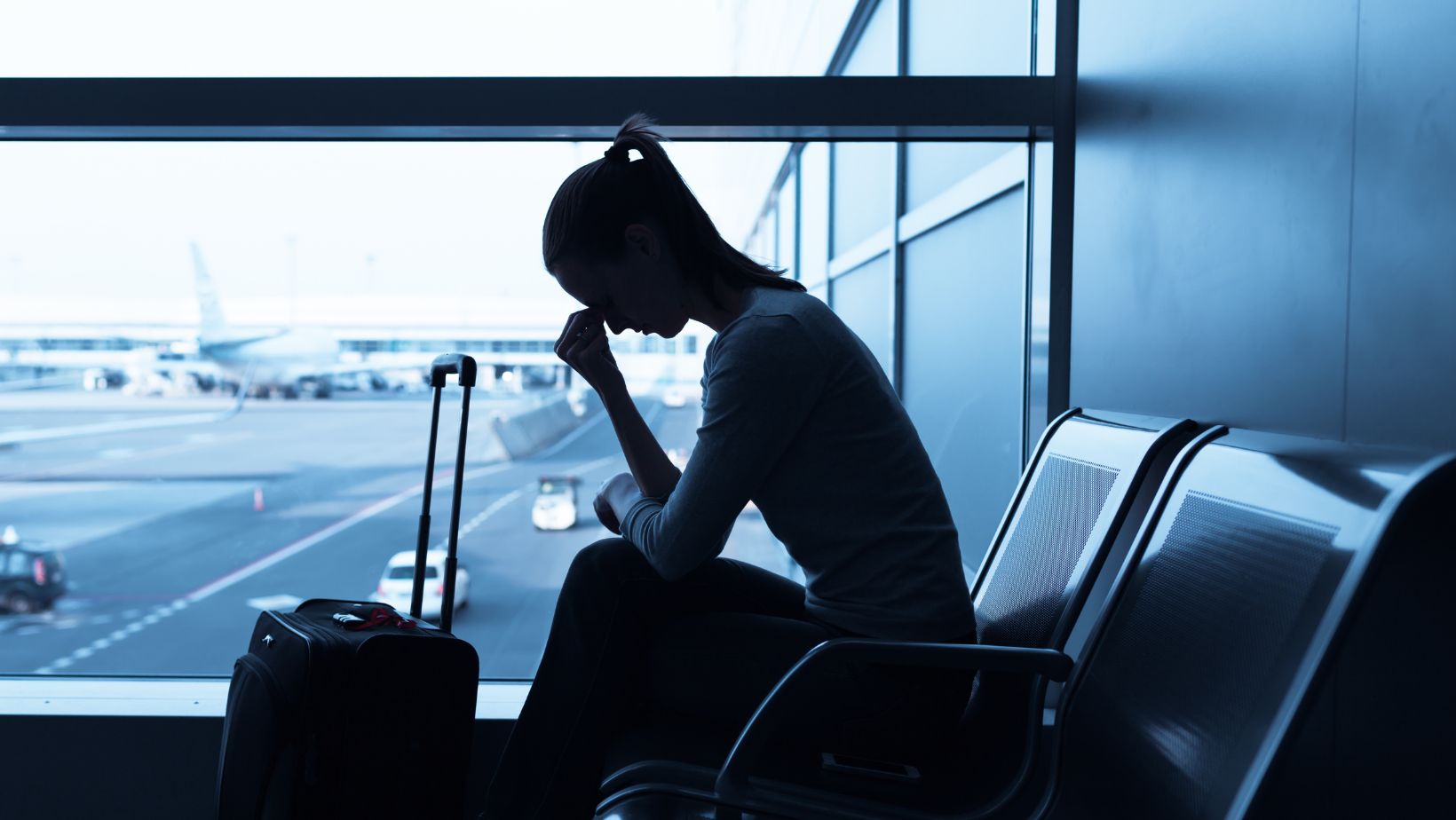On the outside, everyone loves a vacation. You will see smiling faces and hear joyful laughter as families and individuals board flights, heading off to unfamiliar climates to relax or explore. Yet, on the inside, some people may not be as excited as they seem. Perhaps they are nervous or unsure about their plans, which can lead to stress.
Being stressed as you head off on vacation is quite common. In fact, almost three-quarters of Americans have said that planning a vacation is more stressful than staying at work. This should make you feel less alone if you do struggle to enjoy travelling. Thankfully, this post outlines three essential aspects to consider that can ease travel stress.
Pre-Trip Planning and Preparation
Heading off on a trip, especially to a foreign country, can be very exciting, but this type of travel does require careful planning to guarantee a smooth experience. Taking the time to prepare properly can ease your stress and help you avoid unnecessary hiccups, no matter if you’re vacationing for adventure or relaxation.
There are numerous aspects to consider when traveling. Vacationing overseas means being aware of specific rules and making the necessary preparations to ensure a safe and enjoyable experience during your travels. This is why the first thing to research is your destination. You must familiarize yourself with the local culture, entry requirements, customs, and potential health and safety concerns.
With this information, you can begin preparing what you will need. Firstly, to ensure you can jet off on vacation, you must check that your travel documents are valid. This will include ensuring your passport is valid for at least six months beyond your travel dates. Some countries may also require visas, so it is essential to check the visa requirements and apply with sufficient time, if necessary.
To ensure you are adequately protected during your travels, please consult your doctor to determine if you require any vaccinations or medications. Common travel vaccines include those for Hepatitis A and B, Typhoid, and Yellow Fever. Similarly, you should select an appropriate international travel insurance policy; this type of coverage can be useful if you encounter delays, medical emergencies, trip cancellations, and other issues.
Managing Anxiety During Travel
Unfortunately, even the most experienced and prepared travelers can experience anxiety. Some people might have a fear of flying, while others might be uncomfortable being so far away from home. No matter the cause, this is completely normal. You just have to learn to manage the stress to ensure you still enjoy your trip and stay mentally well during your vacation.
The first step to managing your anxiety as you travel is recognizing your triggers. Do you become nervous about flying? Are you overwhelmed by crowds? What do you worry about when travelling? These questions, and many more, can help to identify what causes your anxiety, which will enable you to prepare effective coping strategies in advance.
Of course, some methods will work better for different individuals, so it may take some trial and error. One of the techniques many people use is mindfulness. Researchers have found that mindfulness-based therapy is especially effective for reducing anxiety, depression, and stress. This could see you using deep breathing, grounding exercises, and/or meditation to calm your nervous system.
Other habits and techniques that can help ease travel-related anxiety include limiting your exposure to social media, planning buffer time to avoid rushing, and sticking to a familiar routine when possible.

Addressing Stressors Head-On
Travelling can be unpredictable. Stressful situations can and do arise during vacations, even if you’ve prepared everything down to the last detail. Flight delays, language barriers, lost luggage, and/or unfamiliar systems can quickly turn a relaxing experience into an infuriating trip. As you will likely be unable to avoid these problems altogether, you must learn how to respond to them calmly instead.
Letting stress spiral will only make things worse, so you should acknowledge any challenges early and respond to them with practical solutions. You should do this by staying informed before and during your trip. This means keeping tabs on local advisories, travel alerts, and weather updates. However, you must avoid checking for problems obsessively, as this can have an impact on your mental health. You must find a balance between awareness and mental space.
Alternatively, essential information must be kept close by. This will hopefully help prevent you from misplacing items like boarding passes, hotel addresses, important phone numbers, and passports. It could be beneficial to store digital copies as well as physical copies, and you must have easy access to these documents to minimize panic during stressful moments.
To conclude, travelling abroad can – and will – be a stressful experience. There will be aspects that you cannot control, and it can be tough to accept this as the norm. While this can eat into your vacation time, you must not let it. The three considerations in this post will hopefully prevent this from happening by easing your stress.










